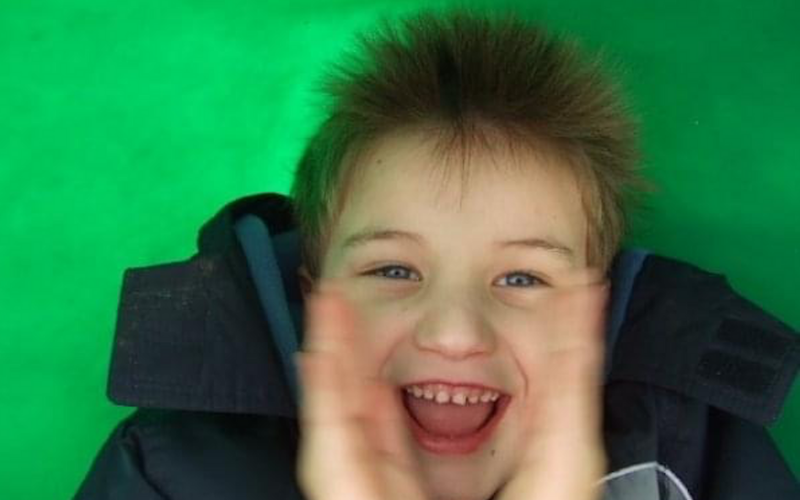There are an awful lot of Autism myths out there; most are ridiculous, some would actually be quite funny if they weren’t so harmful, but they do seem to somehow persist in the national consciousness. So, here’s my guide to the top ten Autism myths and how we can bust them:
- “We’re all ‘on the spectrum’ somewhere.” Autism is a neurodiversity, a different way of the brain being wired. You are either Autistic, or not; so no, you can’t be “A little bit Autistic.”
- “Children can grow out of it.” Autism is a difference hard wired into the brain. It is an integral part of who an Autistic person is and cannot be “grown out of” or “cured”. There are loads of ‘treatments’ and ‘therapies’ out there, but mostly they seem to be about trying to force an Autistic child to behave like a non-Autistic child; few are of any real value, and most are harmful.
- “Autism is just a ‘boy’ thing.” Girls can be Autistic too. Autistic girls are often better at masking their differences, as well as generally being better at copying or mimicking their non-Autistic peers. This, and the prevalent myth that Autism is a male neurodiversity, has meant that Autistic girls often go unnoticed and unsupported.
- “All Autistic people are like the film character ‘Rain Man’, right?” Wrong. Some Autistic people have extraordinary talents and abilities, however this isn’t typical. No two people are the same, and that goes for Autistic children and young people too.
- “Autistic people don’t experience emotions.” Also wrong. Autistic people experience all of the emotions that anyone else does, but may express or respond to them differently.
- “Vaccines are responsible for Autism.” We don’t fully understand all the reasons why some people are born Autistic and others aren’t, but we do know that it’s nothing to do with vaccines. As we’ve explored already, Autism is a neurodiversity that is hard wired into the brain from foetal development, so Autistic people are ‘born’ Autistic not ‘made’ Autistic.
- “Child ‘A’ has ‘severe Autism’ and Child ‘B’ has ‘mild Autism’.” Terms like ‘mild’ or ‘severe’, ‘high-functioning’ or ‘low-functioning’, are not helpful when describing an Autistic child or young person. Each child is different and may have a range of other factors affecting them, for example a disability or a long-term health condition.
- “Autistic children cannot show love to their family.” Utter nonsense. Every time my son beams at me, love shining from his eyes, he is communicating the depth of love he has for me. He can’t say “I love you” but he shows it with every fibre of his being.
- “Autism is a result of bad parenting.” (Sigh) This started decades ago with studies that tried to link Autism to parents that were judged to lack parental ‘warmth’. Long discredited and completely untrue. I am constantly in awe of the wonderful, loving, caring and passionate parenting of families of Autistic children. They are the very best.
- “There is an Autism epidemic.” Oh dear… The ‘evidence’ for this is the seemingly ‘rapid’ change in the statistics around Autism and children. It wasn’t that long ago that these suggested 1 in 100 children were Autistic, that changed to 1 in 68, a more recent study by the Department of Health in Northern Ireland suggests it may be nearer to 1 in 22 (4.5%). Is this an ‘epidemic’? No. Is it better Autism understanding, awareness, diagnosis etc? Absolutely.
So, let’s leave the myths and conspiracy theories to other topics, there are plenty of options out there to choose from, and let’s make sure we speak out and correct anyone who perpetuates these harmful views. If we don’t, who will?
